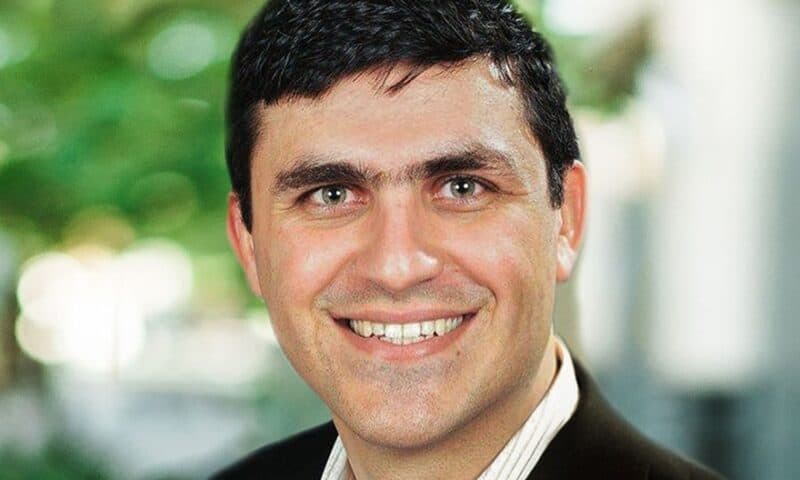Praxis Precision Medicines has raised $110 million to take its three clinical-phase central nervous system treatments forward. The pipeline is led by a GABAA positive allosteric modulator that is closing in on the start of a pivotal trial in depression.
Praxis kept a low profile in its early years, only breaking cover to disclose financings in Securities and Exchange Commission filings and publish the starts of clinical trials on registry platforms. The secretive approach was made possible by the support of deep-pocketed founding backer Blackstone Life Sciences, nee Clarus.
By the time Praxis uncloaked in May, the biotech had raised more than $100 million and moved to within one year of the start of a pivotal trial of its lead asset. That candidate, PRAX-114, was trailed closely by another phase 2 asset, PRAX-944, and a then-undisclosed prospect that has now joined the two more advanced prospects in the clinic.
With three clinical programs underway and a pivotal trial on the horizon, Praxis has pulled in more money to fund its R&D activities. Eventide Asset Management led the series C1 round with support from fellow existing investors Vida Ventures, Novo Holdings, Blackstone Life Sciences and OCV Partners. Praxis also disclosed investment from nine first-time backers including Avoro Capital Advisors and Qatar Investment Authority.
The $110 million round will support development of PRAX-114, which is in phase 2 development in major depressive disorder (MDD) and perimenopausal depression. Praxis is testing oral formulations of the GABAA positive allosteric modulator, making its approach similar to Sage Therapeutics’ stuttering effort to bring SAGE-217 to market. SAGE-217 failed a phase 3 trial last year, leading Sage to propose starting three new trials in postpartum depression and subsets of MDD patients.
Praxis’ second clinical candidate, PRAX-944, is a T-type calcium channel blocker in development as a treatment for essential tremor. That therapeutic idea has attracted other companies. Last year, Jazz Pharmaceuticals bought Cavion for T-type calcium channel modulator CX-8998. In May, Neurocrine Biosciences took up its option on Idorsia’s T-type calcium channel blocker ACT-709478.
The two lead assets are trailed by PRAX-562, a phase 1 treatment for genetic epilepsies and pain, and another two treatments for genetic epilepsies that are yet to reach the clinic. The indications targeted by the pipeline reflect Praxis’ belief that it can use new understanding about the genetic causes of epilepsy to develop treatments for diseases driven by the same brain circuits.

